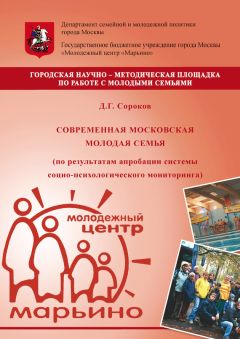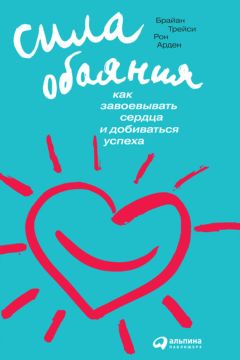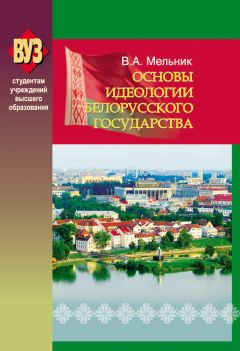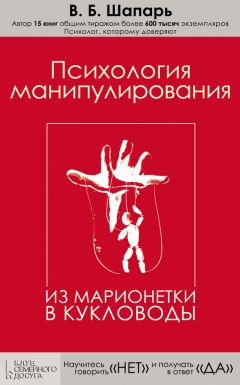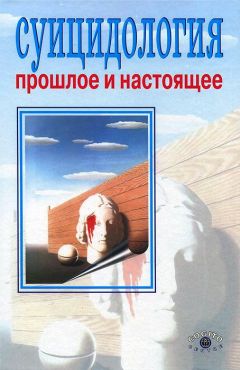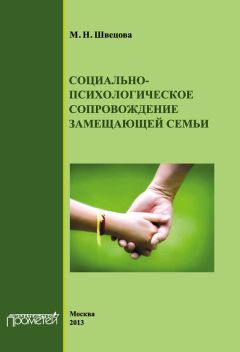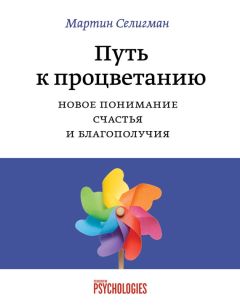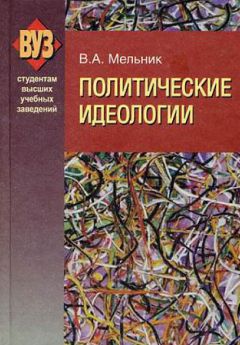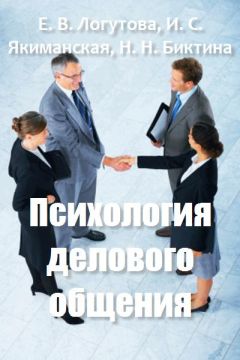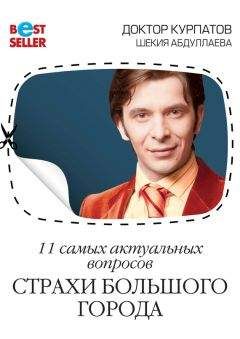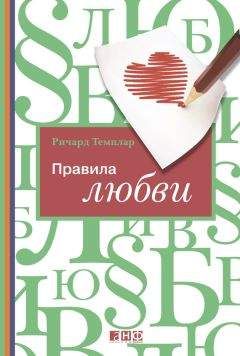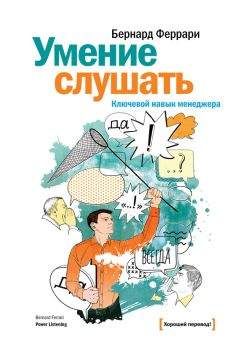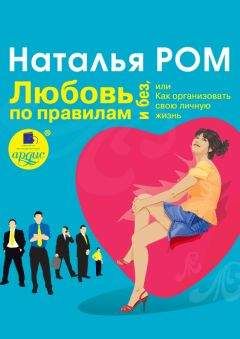Sergey Shirin - Education in Russia in the First Decade of the 21st Century
Все авторские права соблюдены. Напишите нам, если Вы не согласны.
Описание книги "Education in Russia in the First Decade of the 21st Century"
Описание и краткое содержание "Education in Russia in the First Decade of the 21st Century" читать бесплатно онлайн.
The study is based on a methodology proposed by European Association for Education Law and Policy for their research conducted in 2009 and devoted to commercialization, competition and corruption in European education. In the monograph, the attempt is made to apply their methods to analyze the commercialization, competition and corruption in Russian educational system that existed before the adoption of new educational legislation which came into force in 2013.
In Russian legal system, social relations are not regulated by case law. Therefore sources of legal support of non-profit activities of educational institutions are not precedents, but the Constitution of Russian Federation (Article 43 and 44), Federal Laws “On education” and “On Higher and Postgraduate Professional Education”, Presidential Decrees that are settled to solving urgent problems of the system (“On urgent measures of state support for undergraduate and graduate students of higher educational institutions”, “On some measures to strengthen public support for science and higher education institutions”, “On some measures to strengthen state support of young scientists – the candidates of science, and their supervisors”, etc.), the RF Government Decrees (which approve such major acts as State educational standards for higher and professional education, Regulations on the licensing of educational activity, “Standard regulations on educational institution of higher professional education (on HEI) of Russian Federation”), Programs, Concepts and other documents of a conceptual nature (the priority national project “Education”, the Concept of modernization of Russian education until 2010, the Concept of State Youth Policy, etc.), departmental acts issued by the Ministry of Education and Science (“The procedure for admission to universities” and others), acts of Subjects of the Federation (the rules relating to higher education in the Law “On education” of the Republic of Adygea, Karelia, Tatarstan, Chuvashia, Stavropol region, Kurgan, Novgorod and Sverdlovsk regions, although the higher professional education in accordance with Article 24 of Federal Law “On Higher and Postgraduate Professional Education” is related to the jurisdiction of the Federation, not of its subjects), administrative agreements (between the Federation and its Subjects, between the federal executive authority and the education authorities of the Subjects of the Federation, between founder and university), acts of nongovernmental agencies of educational governing (All-Russia Union of Rectors, regional councils of rectors of universities, associations of universities, etc.), local acts taken by universities within the limits of their competences (statutes, regulations, orders of rectors, decisions of Academic Councils, etc.).
A case law may regulate the activities of universities only if it is processed as the act in the form of resolutions or decisions of the Supreme Court, Supreme Arbitration Court or the Constitutional Court of Russian Federation. Under such case law, in particular, the rule of limiting age of head of department of HEI was repealed (the Decision of the Constitutional Court of Russia №19-P dated 27 December 1999 in the case concerning the constitutionality of the provisions of the Clause 3, Article 20 of Federal Law “On Higher and Postgraduate Professional Education”), it has been possible to enter the postgraduate and doctoral studies of some universities in case of having a diploma on higher education not acknowledged by the state (the Decision of the Supreme Court of Russian Federation №GKPI 99—563 dated 1 September 1999 on the application by S.A. Chernyshev on recognizing partially illegal Clauses 38 and 71 of the Regulations on the preparation of academic, pedagogical and scientific personnel in the system of postgraduate professional education in Russian Federation).
9. Which commercially attractive activities are performed by state funded HEIs?
Letting property on lease, Supplementary educational services, expertise.
10. Is competition law applicable on spin-offs? Is there any case law?
There are no precedent for it yet. HEIs and research institutes have got the right to act as founders of small innovative enterprises only with the adoption of the Federal Law №217-FZ “On Amendments to Certain Legislative Acts of Russia on establishing business entities by budget research and educational institutions with an aim of practical application (implementation) of the results of intellectual activities” dated 2 August 2009 Prior to that, such firms were in the “grey zone” of the economy, actually outside the legal framework.
11. Does liberalisation of the education market means that in the country universities and member states are loosing their freedom to cooperate and to stimulate cooperation between institutions?
The competitiveness of universities in a liberalized market of educational services is substantially determined by the level of development of inter-university – especially international – contacts. Therefore, there are special sections devoted to international cooperation on the websites of most universities, which show how well universities engage in this type of their activities. In addition, the lack of budget financing (which accompanies liberalization of the education market) encourages universities to open up foreign markets, and this may also encourage cooperation with foreign universities. That is why there is no lack of incentives for cooperation.
However, the same can not be said about the cooperation of universities within the country. Indeed, the situation of competition for applicants is not conducive to cooperation of universities which provide educational services for the same national market. So the news about examples of such cooperation is lively discussed in the academic environment, and such news often become a sensation. For example, news about the agreement on strategic partnership between Lomonosov Moscow State University and St. Petersburg State University was actively discussed in blogs by representatives of the university community in August 2009. As a rule, if such cooperation is carried out, it is based in the framework of the international projects but not on a bilateral basis.
Cooperation of universities in Russia sometimes takes the form of integration (as a result on the basis of several universities is established a federal or a national research university). However, this is not due to market mechanisms, but rather to state control of education. The market does not motivate strong universities to integrate, particularly if they would loose their brand names in case of it. In addition, the integration of HEIs can change the nature of the education market from competitive to oligopolistic one.
12. Have there been case law or rulings on fusions of educational institutions, and the consequences for the competition and choice of educational provisions?
President of Russian Federation issued a Decree №716 “On the Federal universities” dated 7 May 2008, whish is intended to establish national research universities by the RF Government in the form of autonomous institutions on the basis of the decision of the President of Russian Federation. The aim is to create in Russian Federation a network of research universities, in order to support the large-scale projects in the field of high-tech Russian economy sector, which will continue developing. The integration of educational institutions is one of the mechanisms for establishing the Federal universities.
The government deliberately tries to make these universities the most competitive in the country, appropriating funds for financing of innovative development programs. For the sake of it Federal universities receive additional rights and freedom. In particular, in accordance with Federal Law №18-FZ “On Amendments to Certain Legislative Acts of Russia on Issues of Activities of Federal Universities” dated 10 February 2009, federal universities may implement educational programs based on their own, not state, standards and requirements. The Federal universities are established in the form of autonomous institutions. They have a right to establish Limited Liability Companies and Closed Joint-Stock Companies for the realization of their scientific attainments.
Part 2. Commercialisation in education case law on fair trading
1. Is there any case law on unfair clauses (clauses abusives) in school contracts by national Fair Trading agencies in state funded education and in private non-state funded education?
Конец ознакомительного фрагмента.
Текст предоставлен ООО «ЛитРес».
Прочитайте эту книгу целиком, купив полную легальную версию на ЛитРес.
Безопасно оплатить книгу можно банковской картой Visa, MasterCard, Maestro, со счета мобильного телефона, с платежного терминала, в салоне МТС или Связной, через PayPal, WebMoney, Яндекс.Деньги, QIWI Кошелек, бонусными картами или другим удобным Вам способом.
Подписывайтесь на наши страницы в социальных сетях.
Будьте в курсе последних книжных новинок, комментируйте, обсуждайте. Мы ждём Вас!
Похожие книги на "Education in Russia in the First Decade of the 21st Century"
Книги похожие на "Education in Russia in the First Decade of the 21st Century" читать онлайн или скачать бесплатно полные версии.
Мы рекомендуем Вам зарегистрироваться либо войти на сайт под своим именем.
Отзывы о "Sergey Shirin - Education in Russia in the First Decade of the 21st Century"
Отзывы читателей о книге "Education in Russia in the First Decade of the 21st Century", комментарии и мнения людей о произведении.






